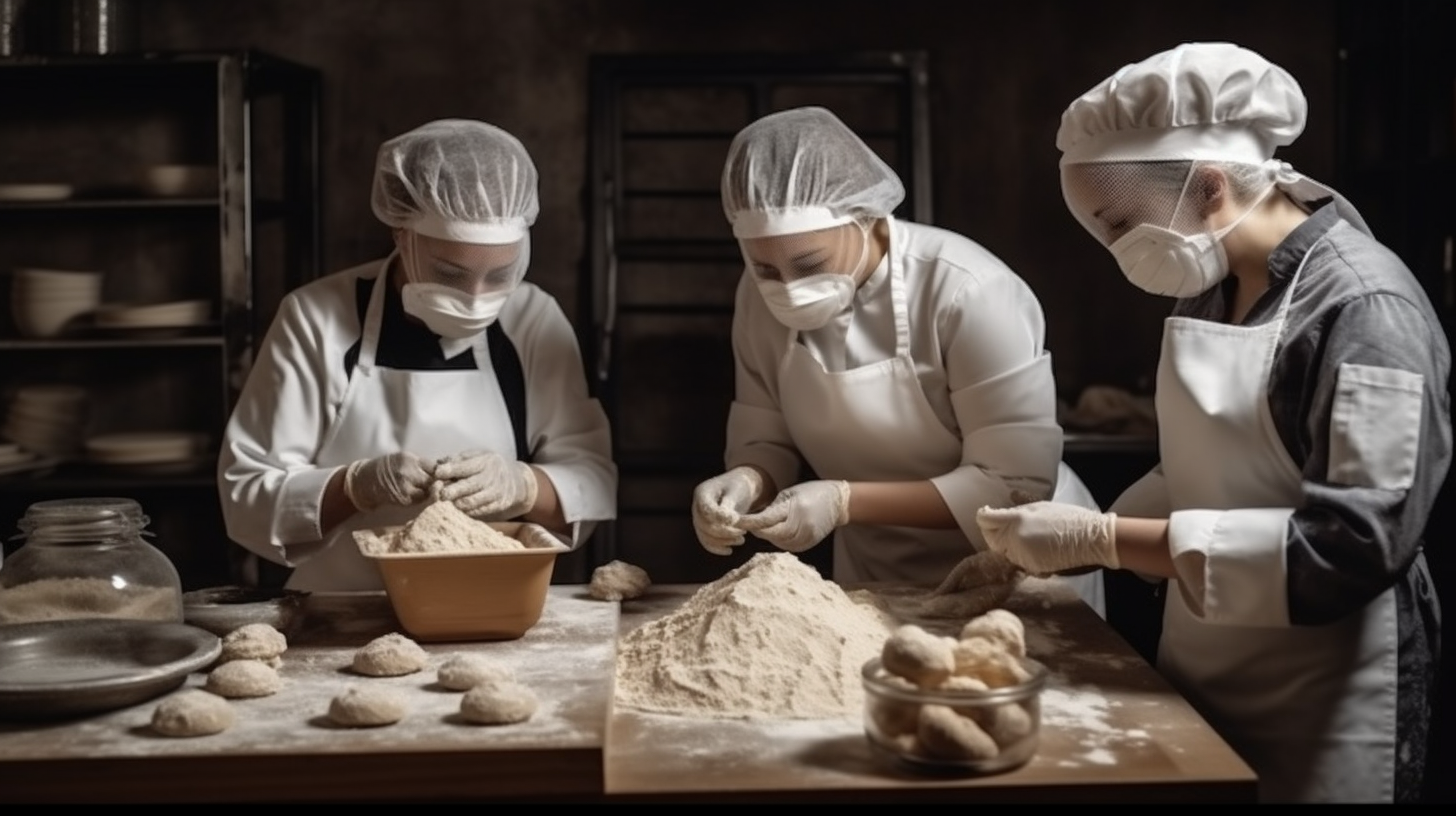
The Importance of Cooking Classes in Education
Cooking classes play a crucial role in education, nurturing essential life skills and appreciation for diverse culinary techniques. In this article, we explore the importance of cooking classes and highlight different culinary courses for learners of all ages.
Building Essential Life Skills:
Firstly, cooking classes equip students with crucial life skills such as planning, time management, and problem-solving. By learning to prepare meals, students become more self-sufficient and responsible for their nutrition and well-being.
Encouraging Healthy Eating Habits:
Secondly, cooking classes promote healthy eating habits by teaching students how to prepare nutritious meals from scratch. This hands-on experience encourages mindful eating and helps foster a lifelong appreciation for wholesome foods.
Enhancing Creativity and Confidence:
Moreover, cooking classes allow students to explore their creativity by experimenting with different ingredients and techniques. This creative outlet boosts self-confidence and encourages students to tackle new challenges in the kitchen.
Promoting Cultural Understanding:
Furthermore, cooking classes often introduce students to a variety of global cuisines, fostering cultural awareness and understanding. This culinary exploration encourages students to appreciate different cultures and broaden their culinary horizons.
Types of Cooking Classes:
A variety of culinary courses cater to diverse interests and skill levels. Some examples include:
- Basic Culinary Skills: These lessons concentrate on fundamental techniques such as knife skills, sautéing, and baking, offering a solid foundation for students to build upon.
- Specialized Culinary Courses: These in-depth classes explore specific culinary traditions, like French, Italian, or Asian cuisine, providing a deeper understanding of unique cooking methods and ingredients.
- Baking and Pastry Instruction: Learners master the art of crafting delicious baked goods, including bread, cakes, and pastries, honing skills like kneading, proofing, and piping.
- Vegetarian and Vegan Cuisine: These lessons instruct students on creating tasty plant-based dishes, emphasizing wholesome ingredients and inventive substitutes for meat and dairy products.
- Cooking for Special Diets: These courses cater to individuals with specific dietary needs, such as gluten-free or allergy-friendly cooking, enabling students to create safe and tasty meals for themselves and others.
In conclusion, culinary courses play a crucial role in education, nurturing essential life skills, fostering healthy eating habits, and promoting cultural comprehension. By providing a diverse array of culinary lessons, students can pursue their interests and cultivate a lifelong passion for cooking.

